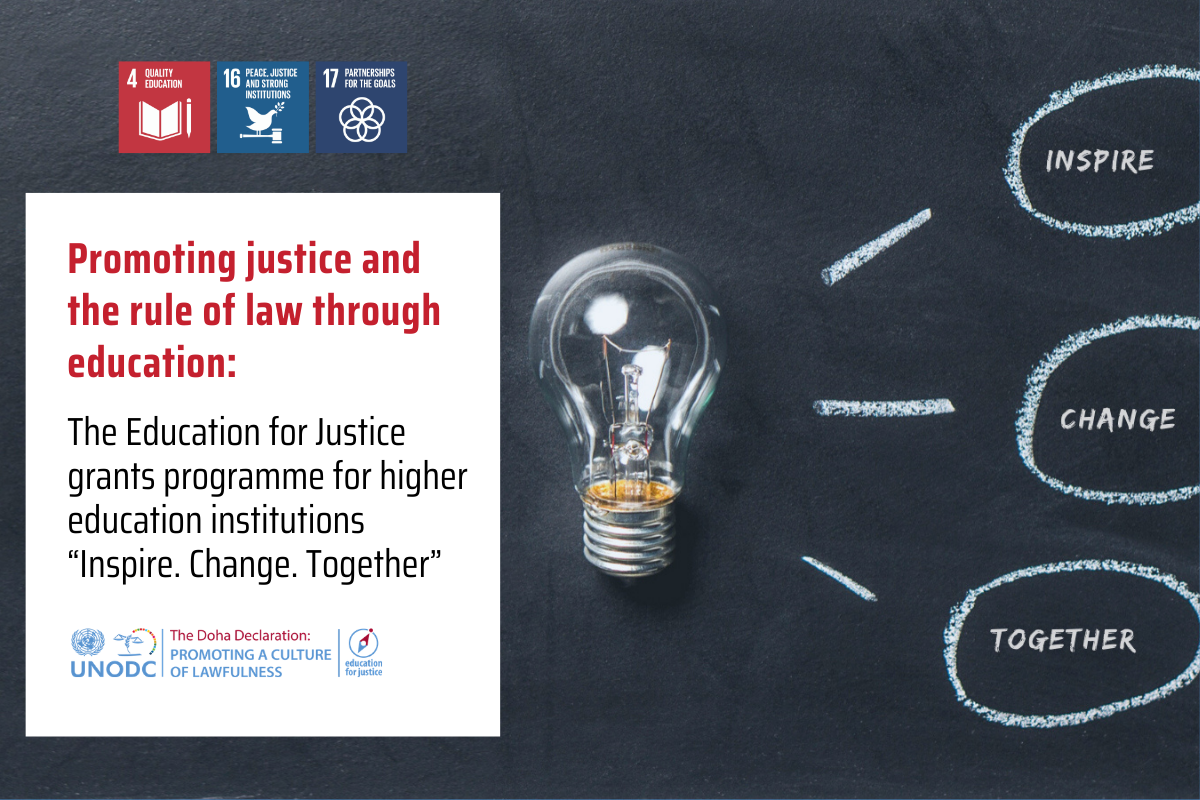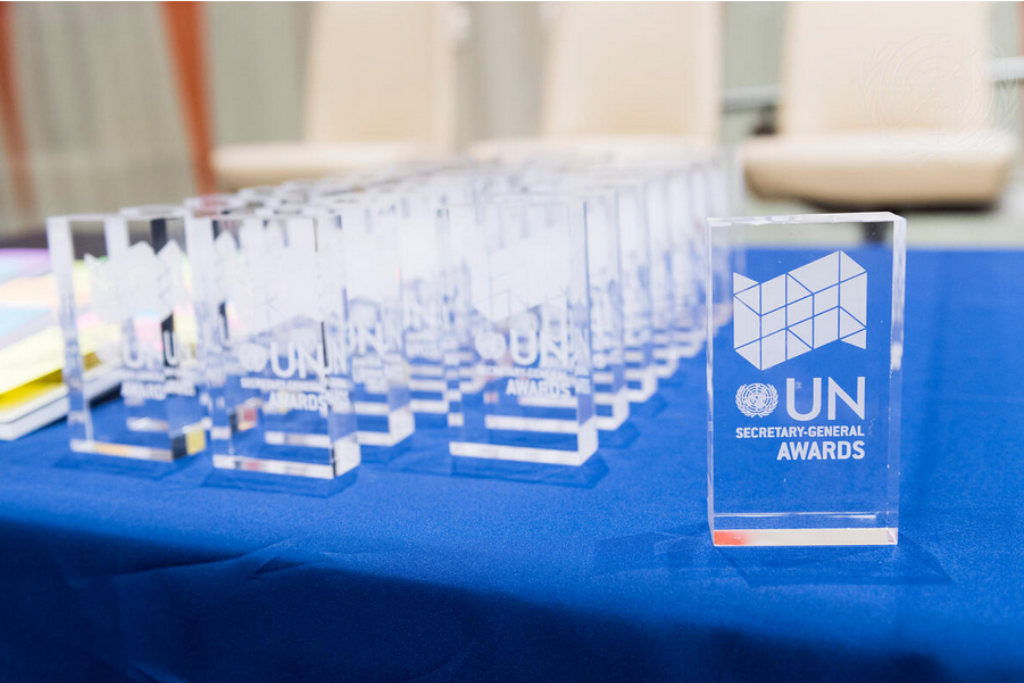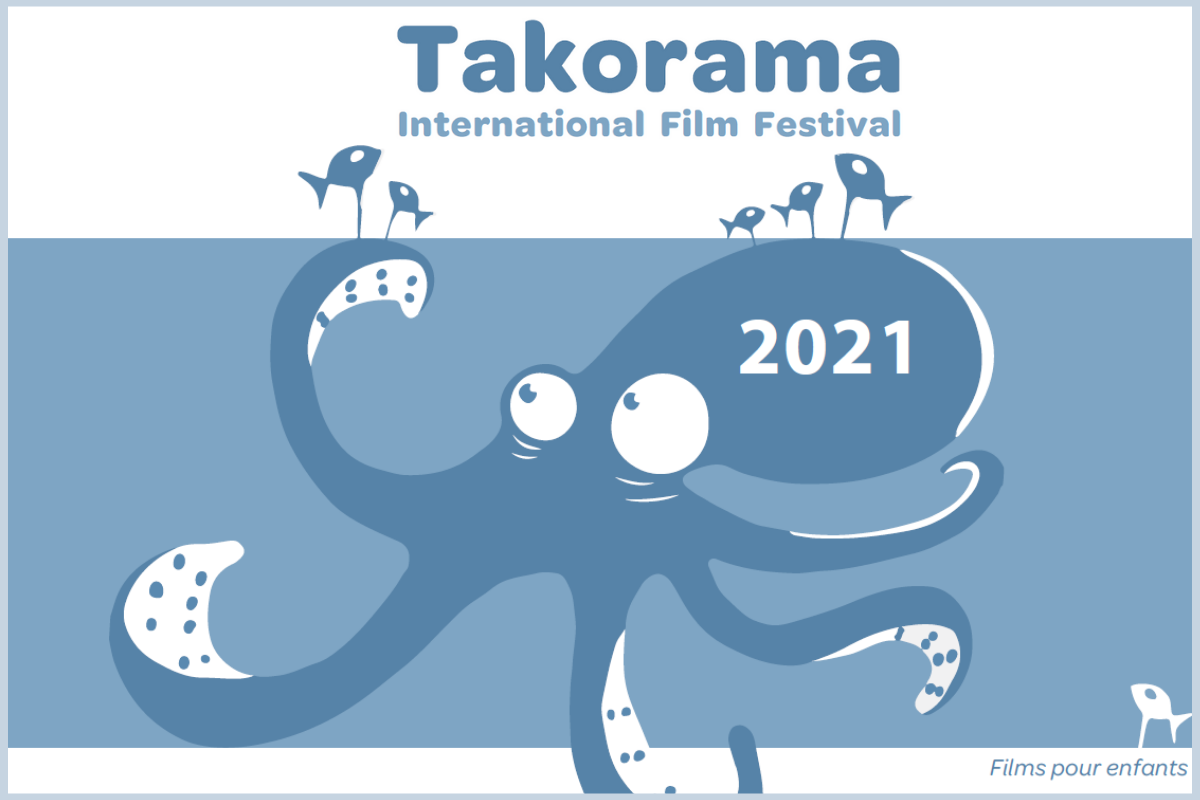UNODC takes youth offline with new edutainment selection
22 May 2018 - Educational material is ever more available for all ages online as access to the Internet increases worldwide, allowing children and young adults everywhere to enjoy a wide offer of entertainment and a broad range of educational games. UNODC's own array into that field includes the recent launch of the video game ' Chuka, Break the Silence,' educating young ones on gender-based violence, and the upcoming relaunch of the updated app 'Fair Play,' a game which stimulates ethical decision-making and integrity.
Many experts do believe, however, that real life personal interaction can be more conducive to learning, and that interactive educational games are a perfect medium to impart lessons which are better absorbed. Board and card games, in particular, are engaging on a personal level and usually flexible in the number of players, making them adaptable to both social and scholastic activities.
With these issues in mind, UNODC's Education for Justice (E4J) initiative recently held a competition taking youth offline, inviting young game designers around the globe to submit ideas for various non-electronic games. The most important criteria, and the common denominator of the games which this competition will generate, was that games involve at least one of the topics covered in UNODC's remit, specifically trafficking in persons, organized crime, the prevention of violent extremism, the use of force by the police, cybercrime and online safety, and integrity. Winning entries would be awarded a grant for the development, testing, manufacture and distribution of the game, involving secondary level students and educators in the process.
The high number of applicants (coming from civil society organizations, academic and research institutions) is testament to the enduring appeal of board games, and to the extent of young people's creativity, demonstrated in the new ways they submitted to raise awareness about issues while simultaneously entertaining players.
Ten game designers (six from civil society, and four from academic organizations) have been selected for grants of $10,000 each, and are all currently in the creation process of their respective board and card games aimed at students aged 13-18.
Asociation Socioeducative Llere, in Spain, is developing 'Running Out of Time', an original board game which teaches about corruption, crime prevention and criminal justice, terrorism and trafficking in persons, and in which players assume different roles in society, from law enforcement officials to politicians.
In a similar vein, a group of students in Bournemouth University, UK, is developing a collaborative board game on the use of force accountability called 'RiotTD,' in which players will learn the United Nations' basic principles on the use of force and firearms by law enforcement officials by taking on the roles of civic forensics investigations teams.
An NGO in Bangladesh, the Centre for Women and Children Studies, has decided to tackle the complicated issue of trafficking in persons and online sexual exploitation, by designing an interactive game involving full classrooms and playing cards, and brainstorming around these forms of transnational organized crime.
|
In Howard University, in the United States, students are developing the board game 'Labyrinth,' where players attempt to achieve hero status by making the appropriate choices and finding their way in a labyrinth where there are paths to terrorism and radicalization.
'Shine,' a modern take on the snakes and ladders games is being developed by Integrity Action, in the UK, enabling students to have an interactive experience and demanding integrity and monitoring public services.
Rutgers Preparatory School, in the United States, is creating a cooperative board game where players need to make up a common strategy to fight cybercrime.
'Students for Integrity' is the idea of Transparency International Slovenia, where players can delve into the roles of journalist, detective, whistle-blower or politician, amongst others, as they deal with various crises; those that are ignored intensify, while those that are dealt with strategically are overcome.
In 'PowerTalk,' the UN Association of Finland is creating a game where team dynamics affect real social change, with players choosing campaign strategies to demand actions relating to trafficking in persons and the smuggling of migrants.
Brazil's University of São Paolo is working on 'Purposyum of Justice Challengers,' both a board and a role-playing game which will help young people develop their storytelling skills as they play through a journey to reach various stages of revelations leading to justice.
And in Bolivia, Vision Mundial Bolivia is working on a game where players choose a predefined goal, such as wealth, social prestige, knowledge or happiness, for which they have to earn points by responding to various situations.
These ten games are expected to be finalized by the end of 2018 and launched in the months that follow, adding to the portfolio of educational initiatives supported by UNODC.
Additional information:
Education for Justice initiative


